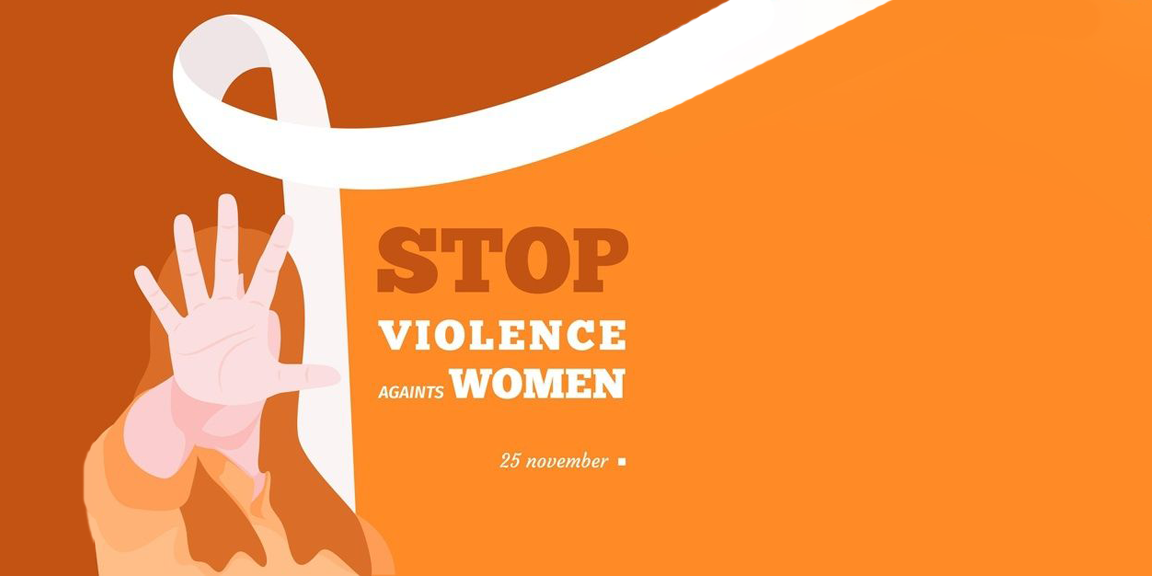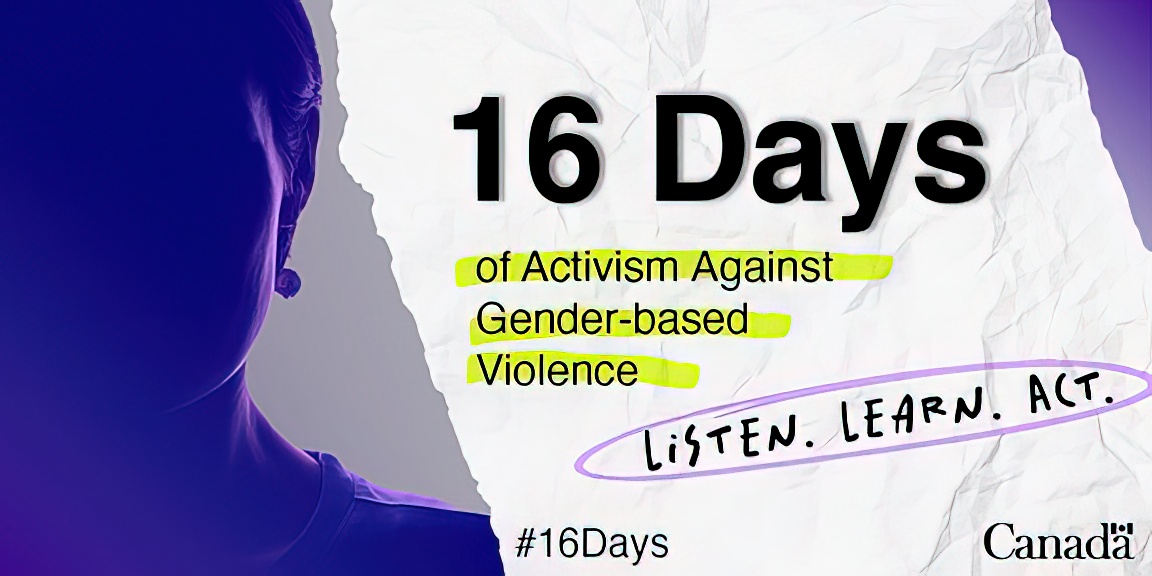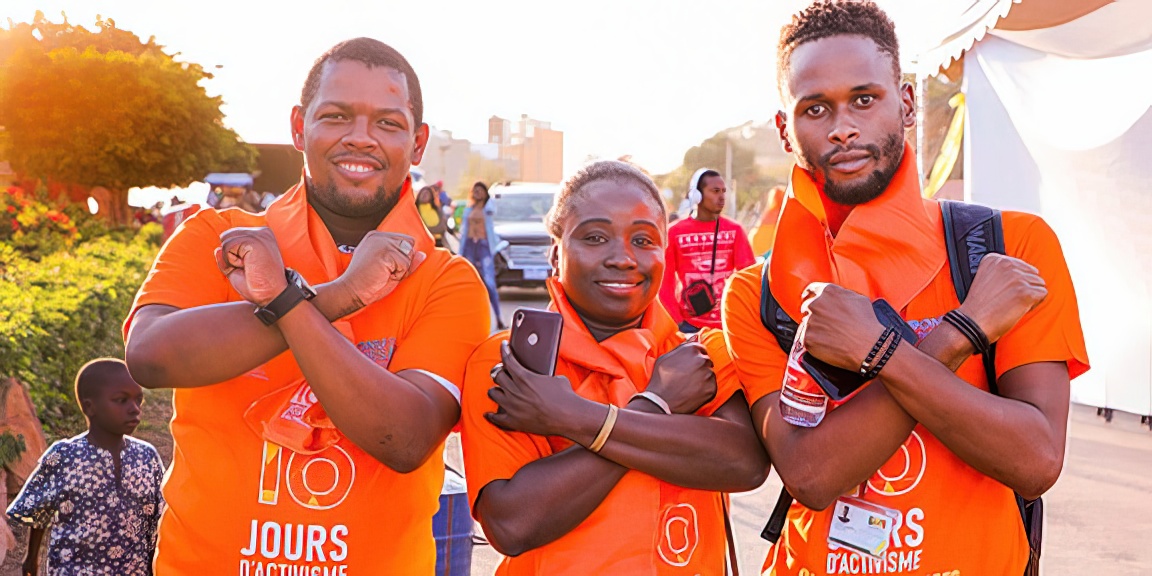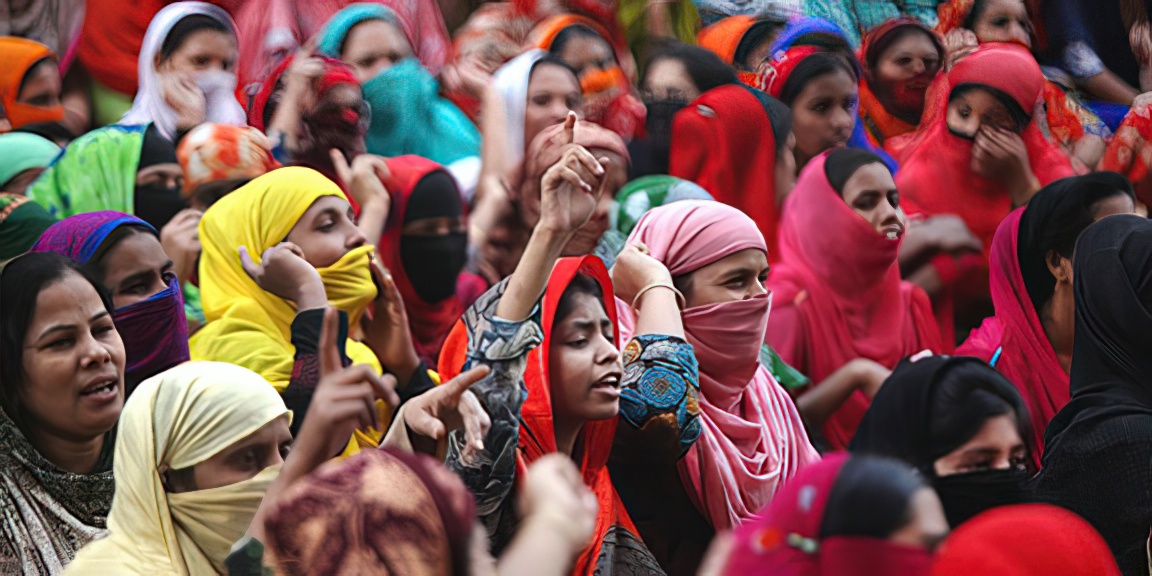
Call to Action
(published in the Vernon Morning Star electronic version on November 25, 2024 and
the paper edition November 28, 2024)
Call for Action Against Gender-based Violence
It is time again for16 Days of Activism Against Gender-Based Violence (GBV), which runs from November 25 to December 10. Campaigns have been run globally since 1991. Their purpose is to create awareness of the existence and extent of gender-based violence (GBV) and to be a call to action to eliminate it. In this column, we will look briefly at the current extent of awareness and the progress made. The campaign focusses on violence directed at women and girls in a way that affects them disproportionately, such as instances of violence perpetrated by an intimate partner or family member, sexual harassment and assault, child marriages, stalking and human trafficking.
At the time of the inaugural campaign, GBV was seldom spoken of in public circles, awareness. Since then, it has grown internationally, with over 6000 organizations in more than 180 countries having participated in running campaigns under this banner. From organizations such as the World Health Organization to local organizations such as ours, CFUW Vernon, we raise our voices to continue the global battle to eliminate GBV. We seek to encourage actors in public and private spheres to engage in research to detect, understand and address its causes and consequences, improve data gathering, revitalize commitments to prevent violence where possible, and hold perpetrators and those tasked with both prevention and cure accountable for their actions.
GBV is a long-standing and disturbing phenomenon which crosses social, cultural and economic lines. Recognition of it as such has led to research and analysis in a number of areas at local, national and international levels. As an example of the latter, in 2023, the United Nations Educational, Scientific and Cultural Organization (UNESCO) published a handbook titled “Tackling Violence Against Women and Girls in Sport”, in which the GBV abuses within the broader sports world were noted; the handbook also identified specific steps that could be taken at various levels within sports organizations, as well as their stakeholders, to tackle this pervasive problem.
Another example is Shift!, a project within the Faculty of Social Work and Public Policy at the University of Calgary, which looked at a dataset from the Calgary Police Service covering a 10-year period. The aim of the project was to explore criminal behaviour and police interactions with an individual in the years prior to an eventual charge for a criminal act involving domestic violence. The researchers concluded that 73% of the men charged had had previous contact with the police and that intervention at those earlier points of contact could help inform policies that could reduce the potential for violence and thus the suffering of women and families. These early interventions, possibly on first contact because of some violent conduct not related to GBV, could include education such as mandatory anger management courses, counselling and support services.
Clearly, since GBV is still a significant issue in our societies, more study and evaluation of this highly complex aspect of our lives is needed. WHO has stated that GBV is a global public health concern, and that it remains a systemic crisis, affecting 1 in 3 women worldwide. Locally, Archway Society for Domestic Peace reported, in its 2023-2024 Impact Report, that the number of women and children served by Transition House has increased 62% since the last fiscal year. This percentage translates to 226 women and 133 children who were served in the period of April 2023 to March 2024. Some of this increase in numbers may also be attributed to factors other than increased incidents of violence, such as a shortage of suitable housing and high rental costs however there remains an increase.
Yet, there is also progress. On the legal side, legislation to cover some aspects of GBV behaviour has been evolving as awareness has grown. The provisions of the Criminal Code dealing with bail have been amended where the offence is one of intimate partner violence, to put the burden of proof of why bail should be granted, onto the offender. There is currently a bill before Canada’s Senate that would amend the Criminal Code to create an offence for the exercise coercive control on an intimate partner. On the non-criminal front, other legislative reforms have expanded to include coercive control, especially in family law. Provinces have begun to integrate coercive control into their legal definitions of domestic violence, defining domestic violence as psychological or emotional abuse of a family member, including intimidation, harassment, coercion or threats respecting other persons, pets or property. Also included are unreasonable restrictions on, or prevention of, a family member’s financial or personal autonomy. In general, more educational tools and supports for both the perpetrators and victims are available. The research and projects described earlier also describe improvements in supports for victims of GBV.
In spite of these advances, societies need to do more to reduce the incidence and degree of GBV. For most of us, this means we have to be stronger in our commitment to the elimination of GBV. For those of us who are able, we can give financial support to transition houses and organizations and movements that work to eliminate GBV. We can pressure the relevant levels of government to ensure that adequate funding is provided for victims of violence to have safe places and sufficient time to recover from the trauma of the violence. We can model behaviour reflecting respect for women and aversion to violence as a solution to relationship problems. We can help educate our children and our grandchildren on how to build healthy relationships. We can call out the abusive behaviour when we are witness to it. We can support those we have reason to believe are victims of GBV by listening and showing compassion, providing information regarding supports and counselling, and encouraging the perpetrators of violence to seek counselling. The big danger of a longstanding campaign and its frequent refrain is that of desensitization. We may have heard the call often, but may not have always acted on it. Action is necessary: we are all safer socially, culturally, and economically when violence is reduced.
CFUW Vernon
Donna Tomljanovic
Other articles may be found by clicking on a selected icon below.






